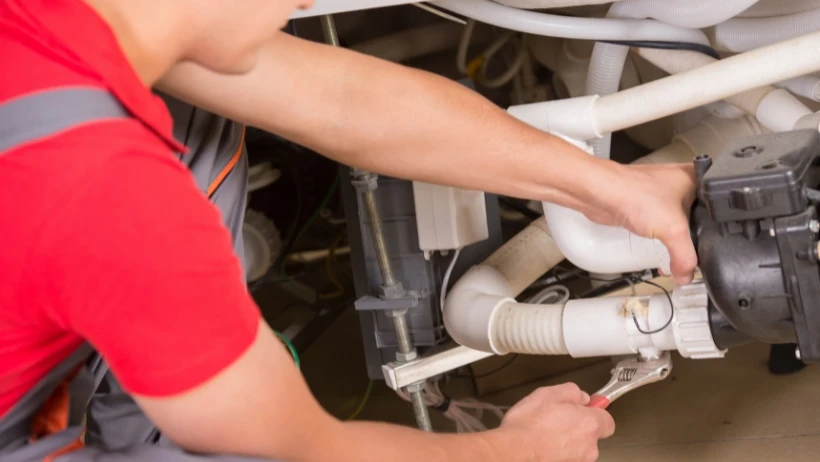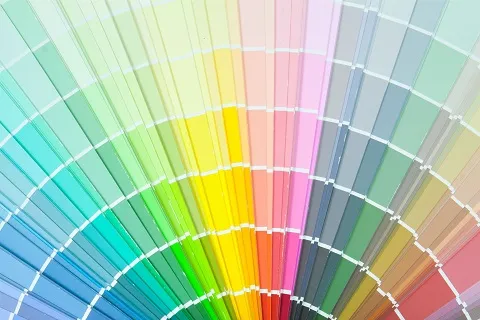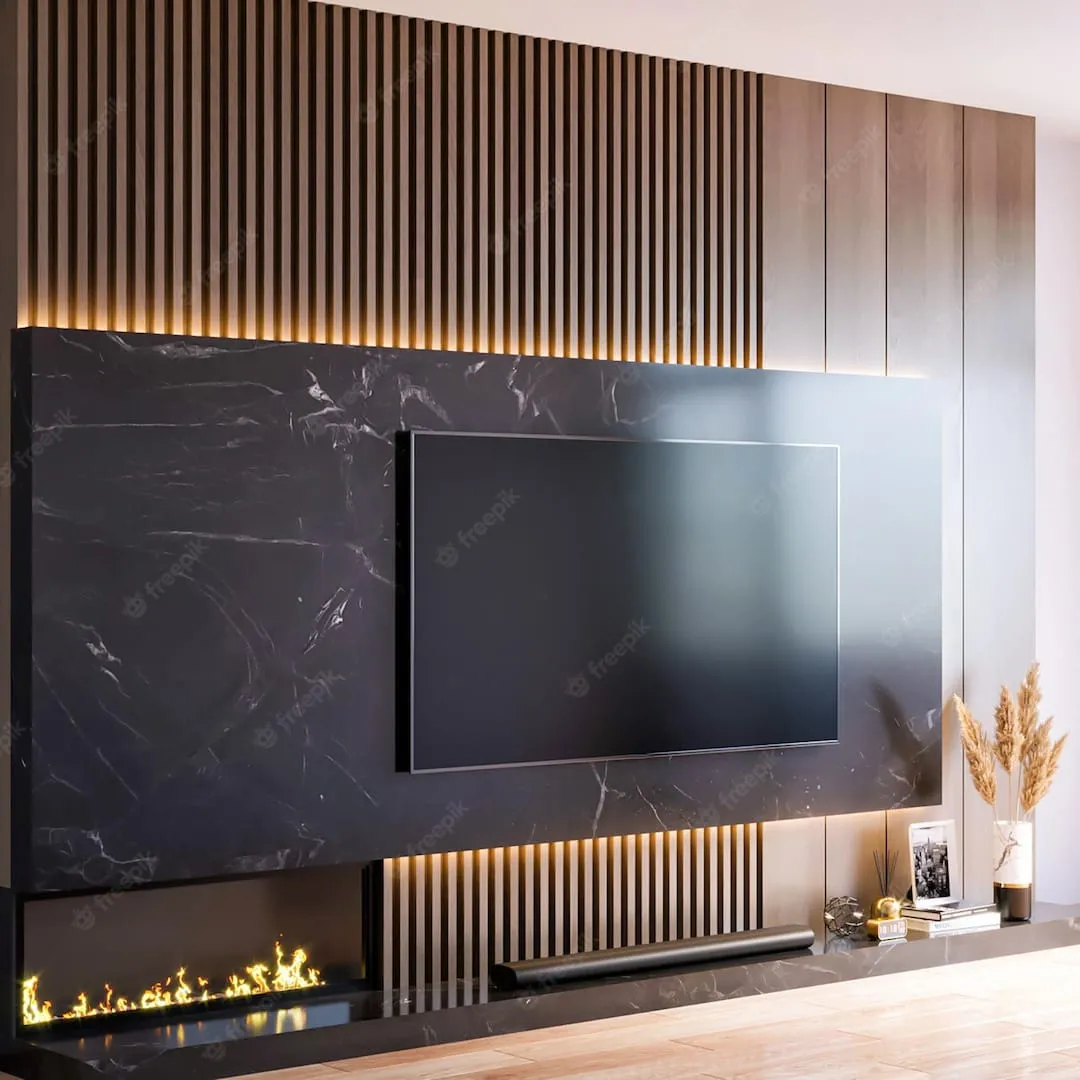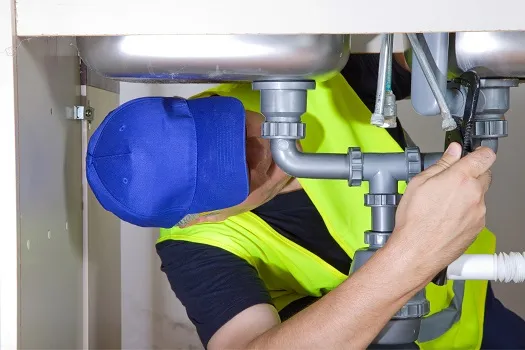
Your home's plumbing system is essential for your daily activities such as taking a shower, washing dishes, and flushing the toilet. But do you understand how it works? In this guide, we'll cover the basics of plumbing, from installation to maintenance.
Plumbing Installation
Plumbing installation involves setting up the pipes, fixtures, and appliances that make up your home's plumbing system. It includes installing water supply lines, drainpipes, faucets, toilets, and other fixtures. It's essential to have a licensed plumber install your home's plumbing system to ensure it's safe and meets local building codes and regulations.
The plumbing installation process begins with designing a layout of the plumbing system, which includes mapping out where the pipes will be located, and the location of fixtures and appliances. Then, the plumber will install the water supply lines, drainpipes, and other fixtures. After installation, the plumber will test the system to make sure it's working correctly.
Plumbing Repairs
Plumbing problems are inevitable and can be caused by various factors such as old pipes, clogs, leaks, and worn-out fixtures. Common plumbing issues include dripping faucets, low water pressure, running toilets, and clogged drains. If you notice any plumbing problems, it's essential to call a licensed plumber to prevent further damage.
When you call a plumber, they'll assess the problem and provide a solution, which may include repairing or replacing pipes or fixtures. Plumbing repairs should never be attempted by homeowners, as they can cause further damage or injury.
Plumbing Maintenance
Regular plumbing maintenance is essential to keep your home's plumbing system functioning correctly and prevent plumbing problems. Plumbing maintenance involves inspecting the plumbing system for leaks, cleaning drains, checking water pressure, and replacing worn-out fixtures.
Here are some tips to maintain your home's plumbing system:
- Check for leaks: Inspect pipes, faucets, and fixtures for leaks and have them repaired immediately.
- Clean your drains: Use a drain cleaner to prevent clogs and blockages.
- Check water pressure: Low water pressure can indicate a plumbing problem and should be checked by a plumber.
- Replace worn-out fixtures: Old faucets and fixtures can cause leaks and should be replaced.
- Inspect the sewer line: Have a licensed plumber inspect your home's sewer line to prevent backups and other plumbing problems.
Conclusion
Understanding your home's plumbing system is essential to ensure it's functioning correctly and prevent plumbing problems. Whether you need installation, repairs, or maintenance, it's important to hire a licensed plumber to ensure your home's plumbing system is safe and efficient.
Understanding your home's plumbing system is essential to ensure it's functioning correctly and prevent plumbing problems. Whether you need installation, repairs, or maintenance, it's important to hire a licensed plumber to ensure your home's plumbing system is safe and efficient.
Suggested Services for you
Explore more
Recommended articles
Show All





